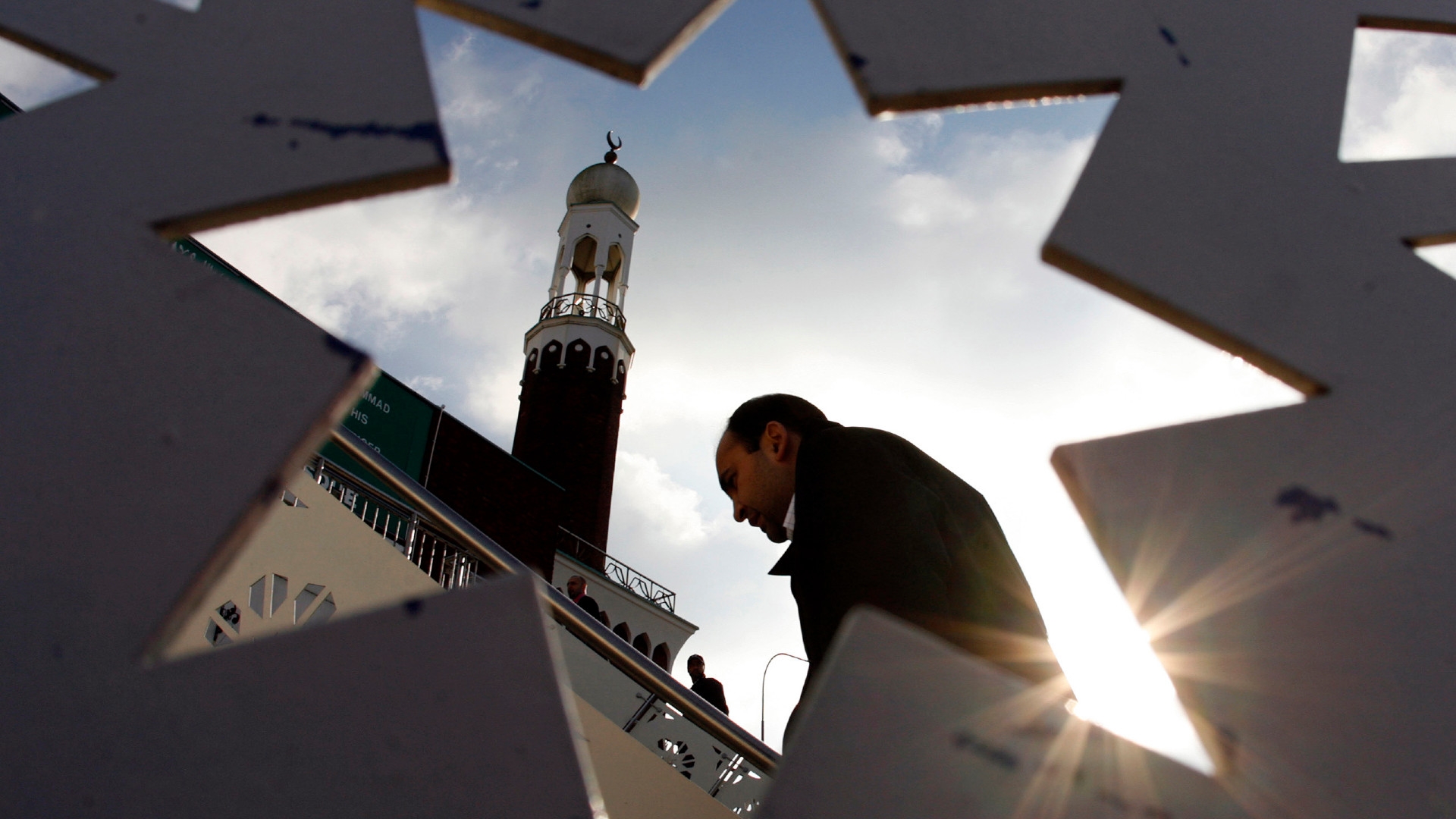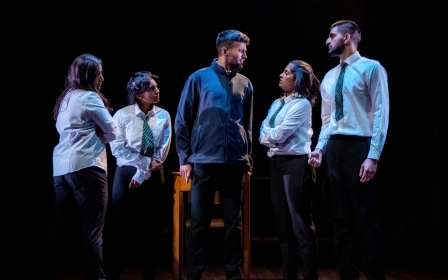Trojan Horse affair: Why new podcast evokes both enthusiasm and rage

The new podcast on the Trojan Horse affair released by Serial and the New York Times has stirred up feelings of anger, passion, and even optimism among British Muslims, who for years have been entangled in the “war on terror”. It has been hard for Muslims in Britain to shake off allegations of extremism and radicalisation launched by media outlets and government officials, who have been relentless in reinforcing such stereotypes.
The podcast, hosted by journalists Hamza Syed and Brian Reed, revisits how the Trojan Horse affair was used to justify reshaping educational policy, while stigmatising entire Muslim communities. It revolves around a mysterious letter sent to Birmingham city council in 2013, detailing a plot by Muslim teachers and governors to oust headteachers from their posts in order to run their schools according to “strict Islamic principles”. The letter was neither signed nor dated, leading many to question its legitimacy.
The Trojan Horse affair effectively stifled Muslim identities, an issue that was exacerbated by the implementation of Prevent
As the podcast makes clear, however, officials were generally unconcerned about who sent the letter, their potential motives, or any other contextual information. The allegations of an “Islamic takeover” of schools were enough to involve counter-terrorism officials and prompt sweeping, draconian changes in British schools.
On the back of the Trojan Horse affair, the counter-extremism Prevent programme and the teaching of “fundamental British values” became mandatory in schools. Teachers are now expected to monitor pupils for signs of extremism and radicalisation, while advancing state-defined British values in the classroom to help “promote” integration into British society. The impacts of both requirements are well documented.
Syed was clearly torn by the lack of consequences and accountability, while Reed questions his colleague’s “impartiality”; as a consequence, Syed is branded a “rookie” and Reed the “determinedly impartial” host.
New MEE newsletter: Jerusalem Dispatch
Sign up to get the latest insights and analysis on Israel-Palestine, alongside Turkey Unpacked and other MEE newsletters
Intense scrutiny
But it’s important to think beyond the boundaries of what the podcast was able to cover. The Trojan Horse affair negatively impacted Muslim teachers and parents in Birmingham and beyond. Schools became fearful spaces, as Islam was scrutinised intensely. Muslim teachers worried about expressing pro-Palestinian sentiments or using particular words or phrases in class, in case they were flagged as promoting extremism.
Even the education regulatory body, Ofsted, waded into the debate by supporting headteachers who wanted to ban the hijab in schools, citing the need for “muscular liberalism”. Spaces of support for Muslim teachers were shrinking fast.
The Trojan Horse affair effectively stifled Muslim identities, an issue that was exacerbated by the implementation of Prevent. Muslim parents were portrayed as a minority who staged loud protests in an effort to exert control. The result was a culture of fear, where silence was promoted over speaking out, ultimately diminishing the prospects for accountability.
Check out this review of the TH podcast by The Times (https://t.co/vzMa8apEGI):
— Shereen Fernandez (@ShereenFDZ) February 7, 2022
"Reed & Syed make a classic investigative pairing. Reed, the older mentor, is determinedly impartial; Syed, a rookie, lets his prejudices intrude"
Determinedly impartial, a rookie, prejudice.
The podcast highlighted that schools in east Birmingham had seen a remarkable turnaround in performance over recent years, in no small part due to highly engaged Muslim governors who had pushed administrators and teachers to better understand students’ cultural and religious backgrounds in order to help them excel.
By portraying the high level of engagement of Muslim governors as subversive, the affair exposed the limits of the Conservative government’s purported drive for communities to take a lead in bettering local schools, which promised communities greater autonomy and ownership in running their schools, through its academy programme.
In the post-9/11 securitised climate of suspicion that is now an everyday norm for Muslims, there are no prizes for guessing which communities push these limits. The nebulous and subjective charge of “undue religious influence”, that was levelled at supposed conspirators, is both vague and arbitrary. It captures obstacles that Muslims in public-facing roles, beyond the arena of schooling, are confronted with all the time.
Absurd benchmarks
Indeed, from electoral politics, to grassroots activism, to their professional careers, Muslims in British public life are scrutinised against absurd benchmarks. Amid ubiquitous suspicion and unease, they must continuously reassure the “mainstream” that their passion and dedication to their work or community is genuine, rather than cover for a plot to infiltrate and “Islamise” institutions.
The moral panic and hysteria were stoked and sustained by a symbiosis of media and government voices and places Muslim public actors in an impossible situation. On one hand, in acquiescing to the expectations of this hysteria - whether by overtly disavowing any anxiety-inducing aspects of their Muslimness or displaying their loyalty to the nation - Muslim public actors may garner some level of acceptability, but the conditionality of it all undermines their independence and thus erodes authenticity.
On the other hand, if they defy the demands and delegitimisation, they are punished with social and political ostracisation, even from within their own communities. Toxic public and political discourse have a blackmailing function whereby it compels Muslim organisations and institutions to distance themselves from those deemed a threat by the state, to avoid being subjected to the same public tarring-and-feathering themselves.
Close to a decade on from the Trojan Horse affair, its impacts are still felt viscerally every day by British Muslims, and especially the Muslim communities of Birmingham. Muslim teachers, parents, pupils, and governors have all described the climate of fear and suspicion under which they operate. Parents teach their children to self-censor, for fear that overzealous staff or peers may report them under Prevent. Teachers and governors experience exceptional levels of supervision and scrutiny.
These experiences are reproduced and mirrored across all areas of civil society, ultimately containing and neutering British Muslim public life. Considering this, it is perhaps little wonder that the podcast, and the evidence it presents, have been received with equally copious quantities of enthusiasm and rage.
The views expressed in this article belong to the author and do not necessarily reflect the editorial policy of Middle East Eye.
Middle East Eye delivers independent and unrivalled coverage and analysis of the Middle East, North Africa and beyond. To learn more about republishing this content and the associated fees, please fill out this form. More about MEE can be found here.





